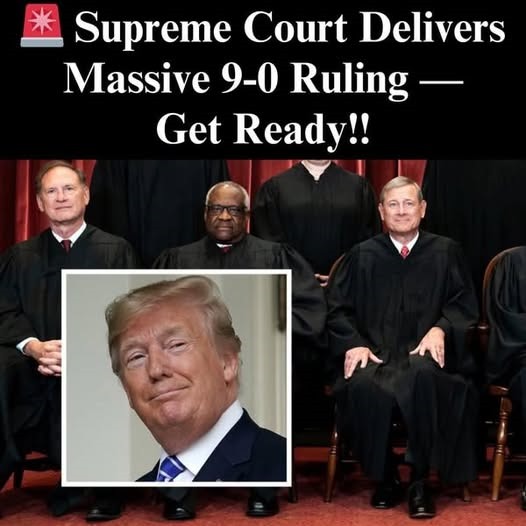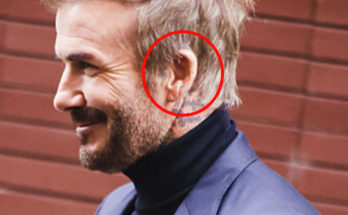
On April 2, 2025, the United States Supreme Court delivered a unanimous 9-0 decision in the case of FDA v. Wages and White Lion Investments, L.L.C., upholding the Food and Drug Administration’s (FDA) authority to deny marketing applications for flavored electronic cigarette products. Wikipedia+1Weil Gotshal+1
Background of the Case
In 2020, e-cigarette liquid manufacturers Wages and White Lion Investments (operating as Triton Distribution) and Vapetasia submitted applications to the FDA seeking authorization to market their flavored e-cigarette products, with flavors such as “Suicide Bunny Mother’s Milk and Cookies” and “Iced Pineapple Express.” The FDA denied these applications, citing insufficient evidence that the potential benefits to adult smokers outweighed the risks to youth. Wikipedia
The manufacturers challenged the FDA’s decision, and in January 2024, the Fifth Circuit Court of Appeals ruled in favor of the companies, setting aside the FDA’s denial orders. The FDA subsequently appealed to the Supreme Court, which agreed to hear the case in July 2024. Wikipedia+1Weil Gotshal+1
Supreme Court’s Ruling
Justice Samuel Alito, writing for the unanimous Court, emphasized the broad authority granted to the FDA under the Family Smoking Prevention and Tobacco Control Act. The Court found that the FDA acted within its discretion in denying the marketing applications, given the lack of scientific evidence demonstrating that the flavored products would not appeal to underage users. Wikipedia+1Weil Gotshal+1
Justice Sonia Sotomayor concurred, underscoring that the manufacturers’ failure to provide adequate evidence was decisive, rendering other considerations moot. Wikipedia+1AP News+1
Implications of the Decision
This ruling reinforces the FDA’s regulatory authority over tobacco products, particularly in evaluating the public health impact of flavored e-cigarettes. It also sets a precedent for how courts may assess agency decisions under the Administrative Procedure Act, highlighting the importance of scientific evidence in regulatory approvals.Wikipedia+1Weil Gotshal+1
The decision is seen as a significant victory for public health advocates who have raised concerns about the appeal of flavored e-cigarettes to minors. Manufacturers seeking to market such products will now face heightened scrutiny and must provide substantial evidence demonstrating that their products will not contribute to youth vaping.
For further details, the Supreme Court’s opinion is available here: Supreme Court


